
Cement kaolinite clay coarse aggregate quick lime synthesis calculation table
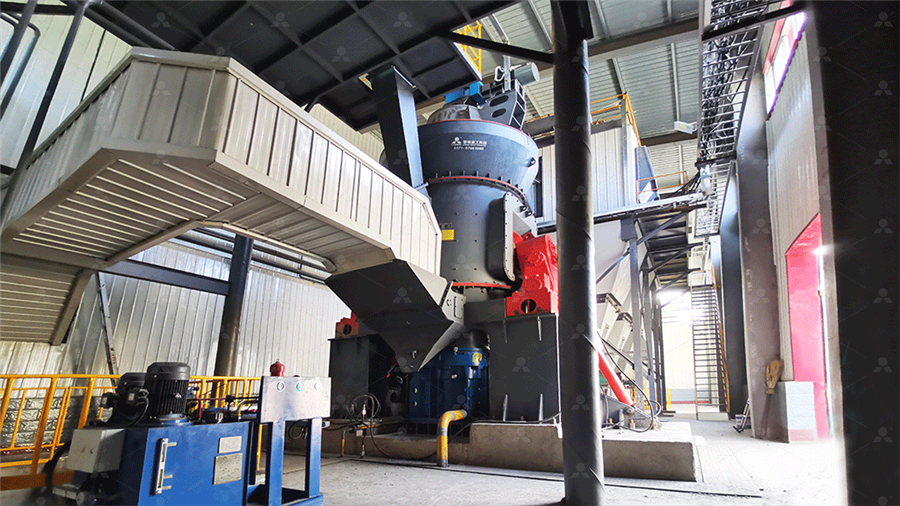
On the hydration of limestone calcined kaolinitic clay cement and
2024年10月1日 Moreover, a numerical framework is proposed to describe the synergy in hydration of limestone calcined clay cement (LC 3) utilising clays of diverse kaolinite contents 2020年12月20日 This paper presents a comprehensive study on the properties of highperformance concrete produced with calcined kaolin clay and limestone at cement Highperformance concrete incorporating calcined kaolin clay and 2011年10月28日 Cementitious minerals form upon mixing of clay with lime causing an improvement in strength and durability In the study, the changes in the microfabric of long Longterm behavior of limestabilized kaolinite clay2019年3月18日 This paper details the main factors influencing the performance of limestone calcined clay cements (LC 3) The kaolinite content plays a major role in the rheological Impacting factors and properties of limestone calcined clay
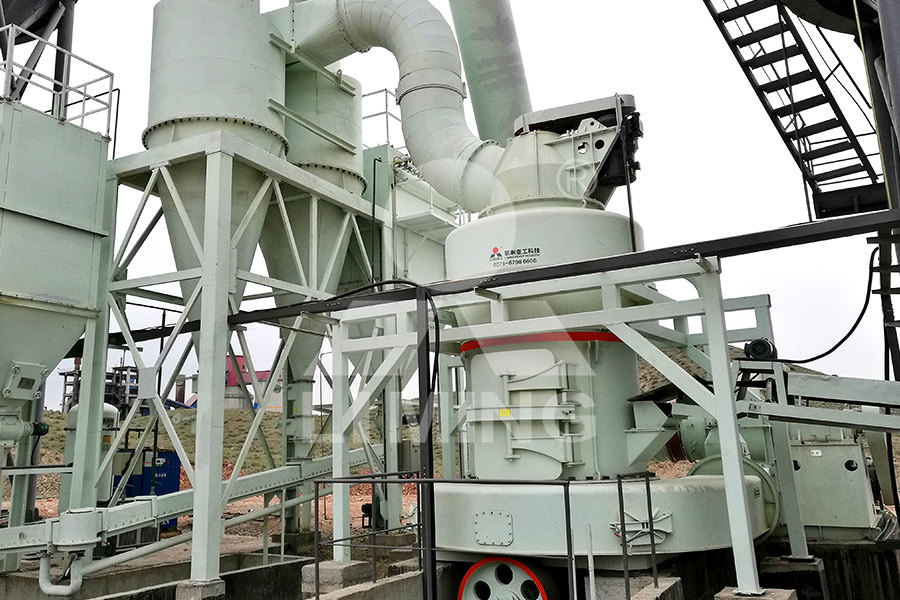
Strengthening mechanisms in cementstabilized kaolinite revealed
2022年3月26日 Results from compositional, microstructural, and micromechanical analyses show that two mechanically distinct phases exist in the final composite: a relatively 2024年5月14日 This investigation examines the effect of clamshell ash (CSA) and lime additives on the physicomechanical characteristics of kaolinite clay soil stabilized at the optimum silica Experimental investigations on physicomechanical properties of 2021年3月29日 Low metakaolinitic calcined clay obtained from illitekaolinite composite raw clay is compared with high kaolinite raw clay, which is mainly composed of metakaolin after Calcined clay – Limestone cements: Hydration processes with high 2022年10月24日 Limestone calcined clay cement (LC3) has considerable potential for largescale implementation We investigated three selected kaolinitic clays at different locations in Performance of Selected South African Kaolinitic Clays for
.jpg)
Longterm behavior of limestabilized kaolinite clay
2011年8月1日 Request PDF Longterm behavior of limestabilized kaolinite clay Clay soils create many problems for highway construction and they have to be replaced or improved by stabilization for 2024年5月1日 There has been a strong emphasis on producing sustainable solutions for OPC in the past few years Various potential and new binders, from blended cement to alkaliactivated cement, have been thoroughly researched to decrease the cement sector's CO 2 emissions (Juenger et al, 2019; Toledo Filho et al, 2007; Zhang et al, 2022)The simplest and most Limestone calcined clay cement (LC3): A sustainable solution for 2020年3月27日 The effect of nanokaolinite clay (NKC) on the early age cracking behavior of cement mortar was investigated The restrained ringtest method was used to detect shrinkage crack tendency of cement (PDF) Study on the Shrinkage Behavior of the Cement Mortar 1993年1月1日 Starting from XRD and DTATG data, it has been possible to quantify the amount of kaolinite in the samples (Table 2 ) The kaolinite API1 was used as standard Table 2 also shows Hinckley's crystallinity index and (001) crys tal size, according to the Scherrer equation FA HUERTASETALHydrothermal synthesis of kaolinite: method and characterization
.jpg)
Performance of Limestone Calcined Clay Cement (LC3) with
2018年9月10日 Limestone calcined clay cement (LC3) is a promising material for producing cement with low CO2 emissions and properties similar to, or superior to, those of Portland cement (PC), but at 50 % 2021年3月15日 Clay minerals such as kaolinite, smectite, chlorite, micas are main components of raw materials of clay and formed in presence of water A large number of clays used to form the different structure which completely depends on their mining source They are known as hydrous phyllosilicate having silica, alumina and water with variable amount of inorganic ions like Basics of Clay Minerals and Their Characteristic Properties2022年12月30日 The kaolinite content is principally responsible for the durability performance of Limestone Calcined Clay Cement (LC3), which calls into question its global applicabilityInfluence of Low to MediumKaolinite Clay on the Durability of 2018年3月23日 We present a joint experimental and theoretical investigation into the adsorption of polycationic quaternary ammonium polymers on the clay mineral kaoliniteUnderstanding Cationic Polymer Adsorption on Mineral Surfaces
.jpg)
(PDF) Effects Of Portland Cement And Quicklime On Physical And
2021年9月30日 Effects Of Portland Cement And Quicklime On Physical And Mechanical Characteristics Of Earth Concrete2024年11月18日 To ensure the efficient production of calcined clays at an industrial scale, rapid testing method is required to prevent under or over calcination and guarantee proper quality control This study investigates the phase transformation processes of six kaolinitic clays calcined between 400 and 1000 °C, using Xray diffraction (XRD), thermogravimetric analysis (TGA) Use of thermogravimetric and differential scanning technique for 2018年7月9日 The effect of gypsum additions on the physical performance of limestabilized kaolinite has been determined Kaolinite containing different amounts of lime (ie 6 and 14 wt%) and gypsum (ie 2,4,6 and 8 wt%) was compacted into cylinders and moist cured at 30°C and 100% rh for periods from 2 days up to 20 weeksSulphate Expansion of LimeStabilized Kaolinite: I Physical 2021年11月1日 Limestone calcined clay cement (LC 3) is one such recently developed ternary blended cement in which the alumina from the calcined clay and the carbonate from the limestone also react with each other, along with the traditional pozzolanic reaction of calcined clay and the filler effect of limestone, creating a synergy between the three primary components (clinker, Limestone calcined clay cement and concrete: A stateoftheart

Performance assessment of limestone calcined clay cement (LC3)
2023年3月1日 Recently, a new economical and green binder based on calcined clay and limestone powder has been developed and is known as LimestoneCalcined Clay Cement (LC3), which typically consists of 40% calcined clay, 20% limestone, and 40% clinker [[10], [11], [12]]Such a binder was proven to reduce the carbon dioxide emissions of cement production PDF On Jan 31, 2014, M L Nehdi published Clay in cementbased materials: Critical overview of stateoftheart Find, read and cite all the research you need on ResearchGateClay in cementbased materials: Critical overview of stateof 2022年3月1日 Alkalineactivated kaolinite geopolymers can be used to form quicksetting, hydrolytically stable ionomertype cements on mixing with predetermined ratios of PAA and aqueous tartaric acid The mean compressive strength of the cements increased over time but was less than 5 MPa after 28 daysSynthesis and characterization of ionomertype cements from 2024年10月23日 Nowadays, the production of cement significantly contributes to the issue of global warming due to the emission of carbon dioxide into the environment Natural sustainable materials like calcined clays and limestone can fulfill the demands adequately as well as the ecofriendliness of cementbased products Limestone calcined clay cement (LC3) binder is an Studies on hybrid quaternary blended limestone calcined clay cement
.jpg)
Flash calcination of kaolinite rich clay and impact of process
2015年4月30日 The magnitude and temperature range of dehydration depends on many factors such as nature of the cations in the interlayer region When kaolinite clays are calcined (heated to temperatures ranging 2021年12月1日 Synthesis and characterization of ionomertype cements from alkaline activated kaolinitepdf 1s20S00200mainpdf Content uploaded by David K Kariuki(PDF) Synthesis and characterization of ionomertype cements 2019年6月25日 Kaolinite clay is a versatile industrial mineral widely used as raw material for ceramic wares, paper, paints rubber, catalyst, dye, insecticide and in pharmaceutical (Muaz et al 2015) Kaolin (PDF) Preliminary studies on hydrothermal synthesis of zeolite 2020年6月12日 Calculation of Volume of Coarse Aggregate in 1 ㎥ of Concrete:Volume of aggregate= (aggregate/cement+sand+aggregate) x 154 Quantity of aggregate= (aggregate/total volume) x154 = (6/10)x154 = 0924 ㎥ 1 ㎥ of aggregate = 15001800 kg Assume 1500 kg 0924 ㎥ of aggregate =1500 x 0924 = 1386 kgCalculation of Cement, Sand and Aggregate for M10, M15, M
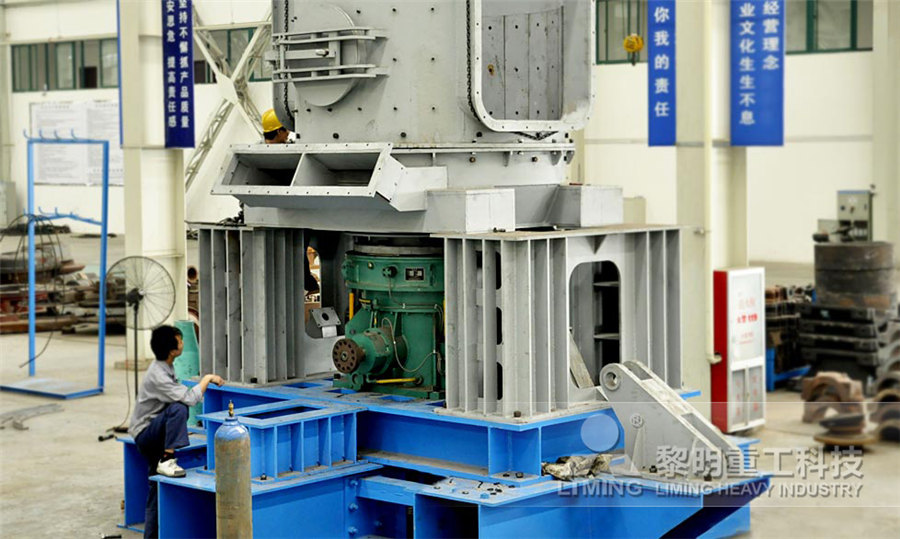
(PDF) Effect of calcining temperature of kaolinite
2009年1月1日 In this investigation, the physicochemical properties of artificial pozzolanic cement pastes containing MK produced by calcination of kaolinite clay at different temperatures (700, 800, 900, and 2022年10月24日 Limestone calcined clay cement (LC3) has considerable potential for largescale implementation We investigated three selected kaolinitic clays at different locations in South Africa(PDF) Performance of Selected South African Kaolinitic Appl Sci 2022, 12, 10751 3 of 23 Table 1 Selected kaolinite clay deposits in South Africa [5] Country Deposit Location Estimated Amount South Africa Hopefield—Western Cape 50 million tonnesPerformance of Selected South African Kaolinitic Clays for aggregates as well as coarse aggregates Cement: 53 grade OPC Specific gravity: 315 Fine aggregate: natural sand from river Specific gravity: 265 Coarse aggregate: nominal size of 20 mm Specific gravity: 274 B Mix Proportions Table I: Design mix proportion (M25) Descriptions Cement Fine aggregate Coarse aggregate Water MixStrength of Concrete using Clay as a Partial Replacement of Binder
.jpg)
Influence of kaolinite clay on the chloride diffusion property of
2014年1月31日 For the cementsludge with kaolinite clay admixture, the cement was replaced with kaolinite clay by 5 wt% This was adapted from the procedure of Fan et al [27] 2021年7月14日 Prefabricated panel walls have been widely used in building construction due to their excellent structural benefits over other construction methods However, the heavyweight of thick wall panels is the main barrier for connecting, transporting, and handling prefabricated wall elements Therefore, in this study, lightweight concrete was developed to apply for the Experimental study on lightweight concrete made with expanded clay 2022年1月17日 Results of experimental investigation on the mitigation of alkali–silica reaction (ASR) by lowgrade calcined clay are presented Domestic clay with an Al2O3 content equal to 26% and SiO2 — 58 Influence of processing parameters variation on the development 2021年5月10日 Limestone calcined clay cement (LC3) is a promising material for producing cement with low CO2 emissions and properties similar to, or superior to, those of Portland cement (PC), but at 50 % Limestone Calcined Clay Cements (LC3) Request PDF
.jpg)
Longterm behavior of limestabilized kaolinite clay
2011年10月28日 Clay soils create many problems for highway construction and they have to be replaced or improved by stabilization for satisfactory performance Lime stabilization is a wellestablished technique to improve the performance of clays Cementitious minerals form upon mixing of clay with lime causing an improvement in strength and durability In the study, the 2022年2月15日 tion) test and v ane shear test) were performed on clay; cement dust, lime and geo textile samples to determine the properties of each material 3 Ten experimental tests were performed on IMPROVEMENT OF SOFT CLAY ENGINEERING PROPERTIES BY USING CEMENT 2011年8月1日 Request PDF Longterm behavior of limestabilized kaolinite clay Clay soils create many problems for highway construction and they have to be replaced or improved by stabilization for Longterm behavior of limestabilized kaolinite clay2024年5月1日 There has been a strong emphasis on producing sustainable solutions for OPC in the past few years Various potential and new binders, from blended cement to alkaliactivated cement, have been thoroughly researched to decrease the cement sector's CO 2 emissions (Juenger et al, 2019; Toledo Filho et al, 2007; Zhang et al, 2022)The simplest and most Limestone calcined clay cement (LC3): A sustainable solution for
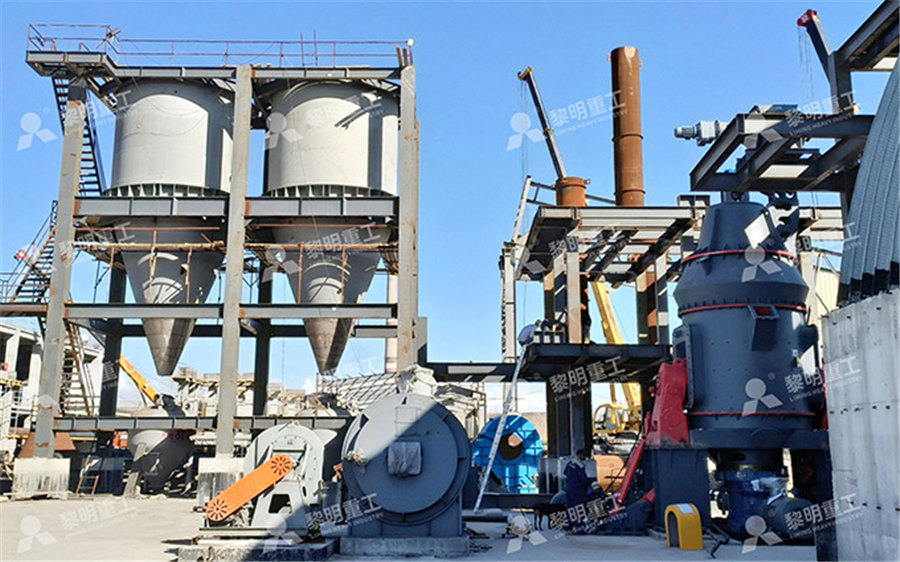
(PDF) Study on the Shrinkage Behavior of the Cement Mortar
2020年3月27日 The effect of nanokaolinite clay (NKC) on the early age cracking behavior of cement mortar was investigated The restrained ringtest method was used to detect shrinkage crack tendency of cement 1993年1月1日 Starting from XRD and DTATG data, it has been possible to quantify the amount of kaolinite in the samples (Table 2 ) The kaolinite API1 was used as standard Table 2 also shows Hinckley's crystallinity index and (001) crys tal size, according to the Scherrer equation FA HUERTASETALHydrothermal synthesis of kaolinite: method and characterization 2018年9月10日 Limestone calcined clay cement (LC3) is a promising material for producing cement with low CO2 emissions and properties similar to, or superior to, those of Portland cement (PC), but at 50 % Performance of Limestone Calcined Clay Cement (LC3) with 2021年3月15日 Clay minerals such as kaolinite, smectite, chlorite, micas are main components of raw materials of clay and formed in presence of water A large number of clays used to form the different structure which completely depends on their mining source They are known as hydrous phyllosilicate having silica, alumina and water with variable amount of inorganic ions like Basics of Clay Minerals and Their Characteristic Properties
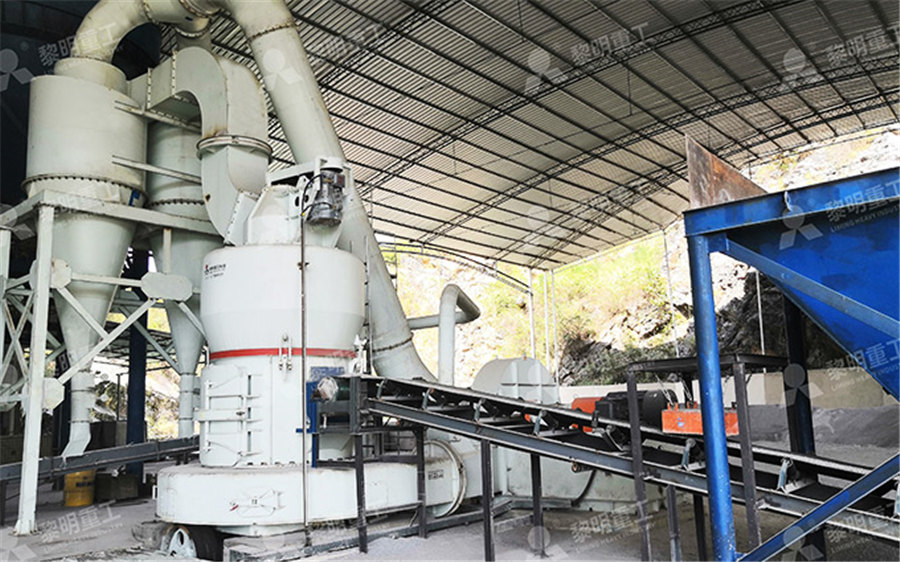
Influence of Low to MediumKaolinite Clay on the Durability of
2022年12月30日 The kaolinite content is principally responsible for the durability performance of Limestone Calcined Clay Cement (LC3), which calls into question its global applicability2018年3月23日 We present a joint experimental and theoretical investigation into the adsorption of polycationic quaternary ammonium polymers on the clay mineral kaoliniteUnderstanding Cationic Polymer Adsorption on Mineral Surfaces 2021年9月30日 Effects Of Portland Cement And Quicklime On Physical And Mechanical Characteristics Of Earth Concrete(PDF) Effects Of Portland Cement And Quicklime On Physical And 2024年11月18日 To ensure the efficient production of calcined clays at an industrial scale, rapid testing method is required to prevent under or over calcination and guarantee proper quality control This study investigates the phase transformation processes of six kaolinitic clays calcined between 400 and 1000 °C, using Xray diffraction (XRD), thermogravimetric analysis (TGA) Use of thermogravimetric and differential scanning technique for













